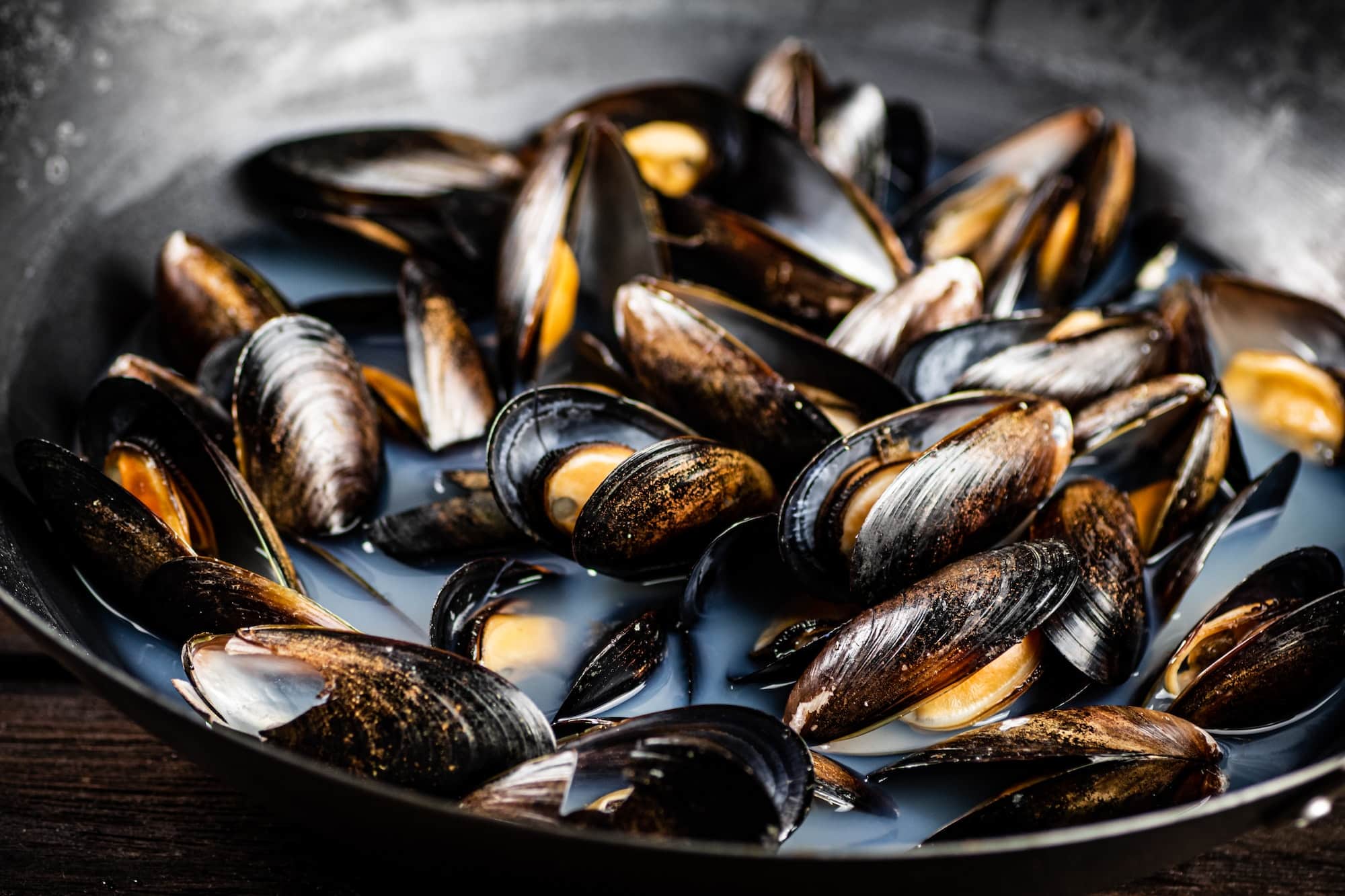A study involving researchers from several national scientific institutions warned today of the “critical danger” facing freshwater mussels in Portugal, a group of bivalves with more than 900 species that is “highly threatened globally”.
Led by researcher Manuel Lopes Lima, from the Biodiversity and Genetic Resources Research Center (BIOPOLIS-CIBIO) at the University of Porto and the Mértola Biological Station, the work was carried out in collaboration with members of five other research centers (CBMA, CIMO, CIIMAR, CITAB and MARE), representing six Portuguese academic institutions – the Polytechnic of Bragança and the universities of Porto, Minho, Trás-os-Montes and Alto Douro, Lisbon and Évora.
Freshwater mussels, a group of bivalves with more than 900 species that can be found in rivers and lakes on all continents, where they used to be abundant, play an important role in ecosystems, improving water and substrate quality, and providing key habitat for other species.
Until now, there was no data on the population trends of these animals in Portugal, but a detailed survey of freshwater mussel populations in 132 locations, covering 15 different river basins, revealed that the data is “dramatic and extremely worrying”.
The study reveals “a generalized decline of 60% in the number of sites and an impressive 67% reduction in the total abundance of freshwater mussels in Portugal over the last two decades”.
These results are in line with those observed during the EdgeOmics project, funded by the Foundation for Science and Technology, which aims to assess and predict the impact of climate change on these mussels.
According to Manuel Lopes Lima, “all freshwater mussel species are in rapid decline and at risk of extinction in Portugal, and this information has already been included in the production of the recent Red Book of Invertebrates of Portugal, where all species are listed as threatened and protected”.
Freshwater mussels are generally long-lived and “highly sensitive” to habitat disturbances, making them good indicators of the ecological integrity of freshwater ecosystems.
The research points to the increase in prolonged droughts, the alteration of riparian habitat by dams and the introduction of exotic species such as the Asian clam as the main causes of the reported declines.
According to the researchers, the freshwater mussel species protected in the European Union are “inadequately monitored”.
“Even species classified as common should receive more attention, as they may be improperly assessed, as shown in this study. This issue is particularly alarming in the Mediterranean region, where species endemism is high and freshwater habitats are severely affected by water scarcity,” they point out.
To reverse the “alarming declining population trends”, the study emphasizes “the urgent need for more efficient water management, the implementation of irrigation restrictions in vital biodiversity areas, the mitigation of hydrological changes and the restoration of lost connectivity of aquatic habitats due to previous physical alterations such as dams and weirs”.
On the other hand, underline the authors of the study, “to prevent the extinction of the most critically endangered species, including Margaritifera margaritifera, Potomida littoralis and Unio tumidiformis, whose populations have fallen to almost residual levels, it is imperative to act with urgent conservation actions such as the establishment of captive breeding programs, strict protection of remaining populations and large-scale habitat restoration.”
This work was recently published in the journal Biological Conservation.





